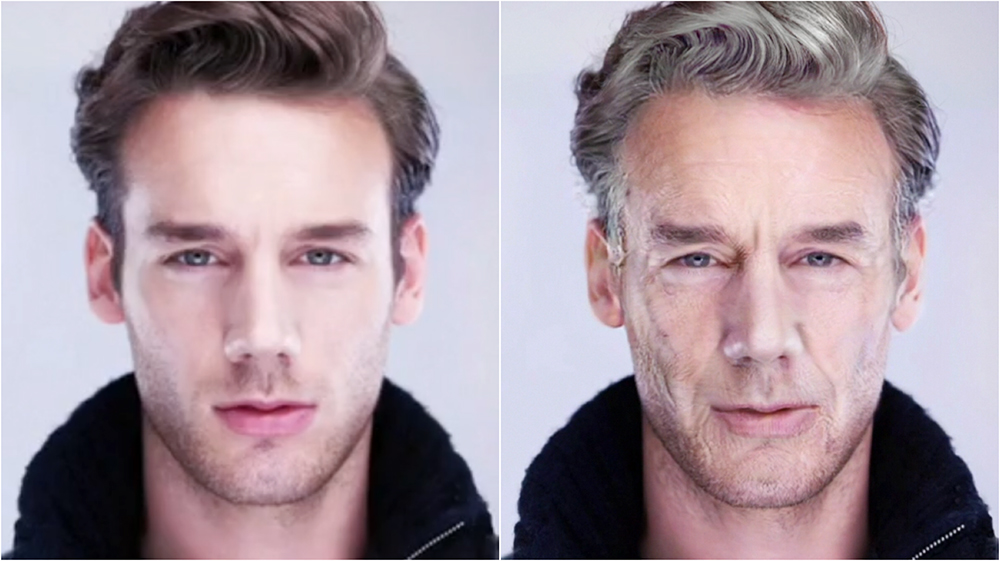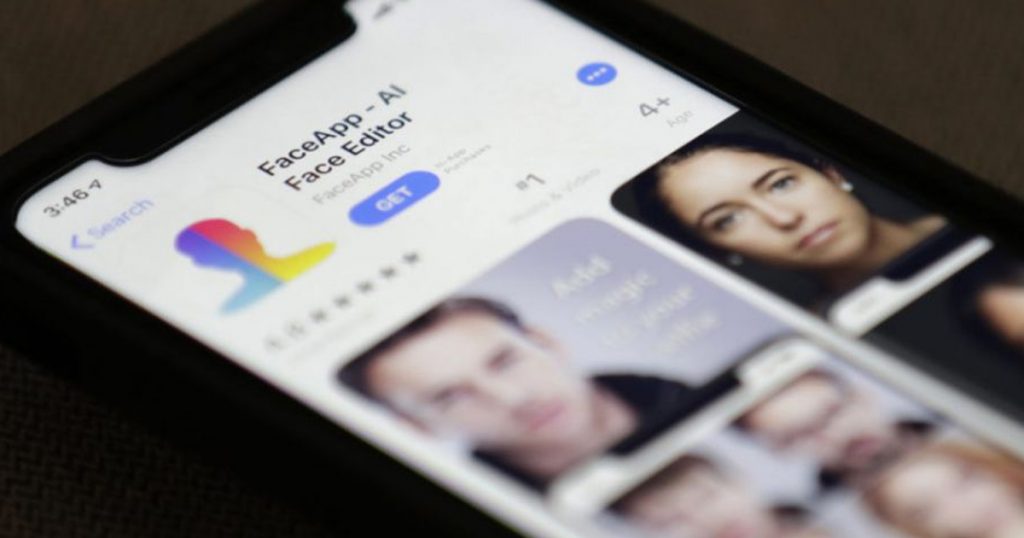Security issues of FaceApp: Russians now own all your old pictures. The strange FaceApp picture filter, which utilizes AI to digitally age your face, has gone viral, sharing their sagging simulacrum with millions on social media, including celebrities like Drake, the Jonas Brothers, and Kevin Hart.
Experts warn, however, that the free “old age filter,” developed by developers at Wireless Lab in St. Petersburg, Russia in 2017, raises safety issues that could give them access to your private data and identity.
Security issues of FaceApp: Russians now own all your old pictures
The Russian app is one of the world’s most downloaded, with supporters on social media sharing their outcomes using the hashtag #faceappchallenge. The instrument increases your face to look like your present era double or triple— with wrinkles, sagging, and yellowed teeth— and also enables you to look younger, swap genders, and attempt a beard.
But be advised: In their Terms and Conditions, FaceApp, which you give the approval to access your picture gallery, also includes the right to alter, reproduce and publish any of the pictures you process through its AI.
Also Read: Google removes 7 Google Play Store spying apps
That means your face may end up being marketed — or worse. On Twitter, UK-based Digitas strategist James Whatley said, “You give FaceApp a permanent, irrevocable… royalty-free… permission to use, adapt, publish, distribute user content… in all media formats… if you post or share it otherwise.”
That implies they can use your true name, username, or “any similarity” in any format without notifying you, much less paying. Even after you delete the app, they can retain that material as long as they want and you won’t be able to prevent them. Even those who set “never,” as Tech Crunch points out, their Apple iOS picture permissions are not protected against the conditions.
Security expert Ariel Hochstadt told Daily Mail that hackers, who are not infrequently Russian government agents, may be able to log the visited websites and “the activities they perform on those websites,” although they may not know the identity of the tracker.
Also Read: How to Fix Slow WiFi Internet Connection
But when we also offer them access to our phone’s camera, they can “secretly record” someone — who could be a targeted or prosecuted member of society, tells Hochstadt, like “a young gay person.” Now hackers (and the Russian government by proxy) can cross-reference your face and telephone data with the websites you’re using.
Hochstadt continues, “They also understand who this picture is, with the enormous Facebook account and face database they have developed, and the information they have about that individual is both private and precise to Facebook’s name, town, and other information.”
Even if hackers aren’t exactly working with the Russian government, Hochstadt says, “With so many breaches, they can get out there information and hack cameras and be able to create a database of people all over the world, with information these people didn’t imagine collecting on them.”
FaceApp to make yourself look older

Eventually, according to technology specialist Steve Sammartino, your face will also be used to access even more critical personal data, such as credentials for banking.
Also Read: Get Ready for an Extreme Change, Twitter Has Been Redesigned
“Your face is now a type of copyright where you need to be very careful who you are giving permission to access your biometric data,” says Ben Fordham, a journalist. “If you’re starting to use that willy-nilly, in the future when we’re using our face to access stuff like our money and credit cards, then we’ve given the keys to others.”



